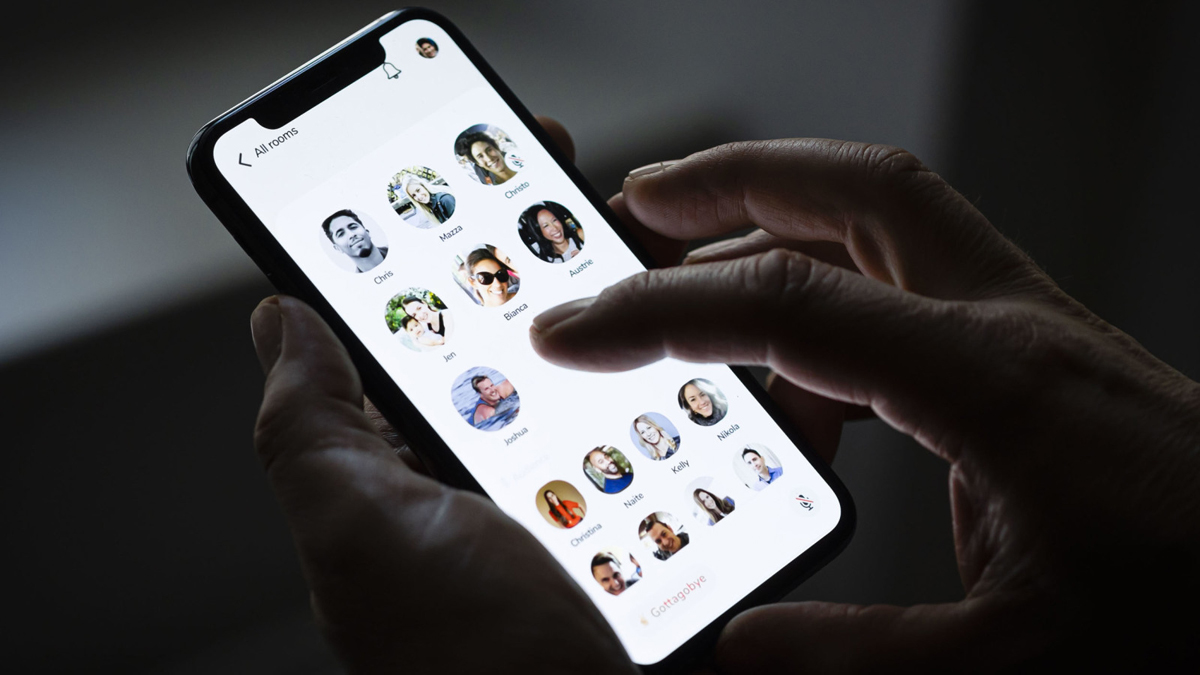Whether it’s gaming, short form videos or video conferencing, Facebook will want a piece of that pie. This often involves the company developing a clone of an app that has popularised the aforementioned categories in order to compete with it. This time around, Facebook is reportedly throwing its hat in the ring to go against the up-and-coming Clubhouse app by creating its own invite-only voice chat platform.
According to The New York Times (NYT), citing people who are familiar with the matter, employees of the social media giant have been instructed to develop a product similar to Clubhouse. The people added that the potential new app by Facebook is known internally as Fireside, but not much else about it has been revealed at this time.
“We’ve been connecting people through audio and video technologies for many years and are always exploring new ways to improve that experience for people,” a Facebook spokeswoman told NYT. In addition, the company is always experimenting but currently does not have anything new to announce, she added.
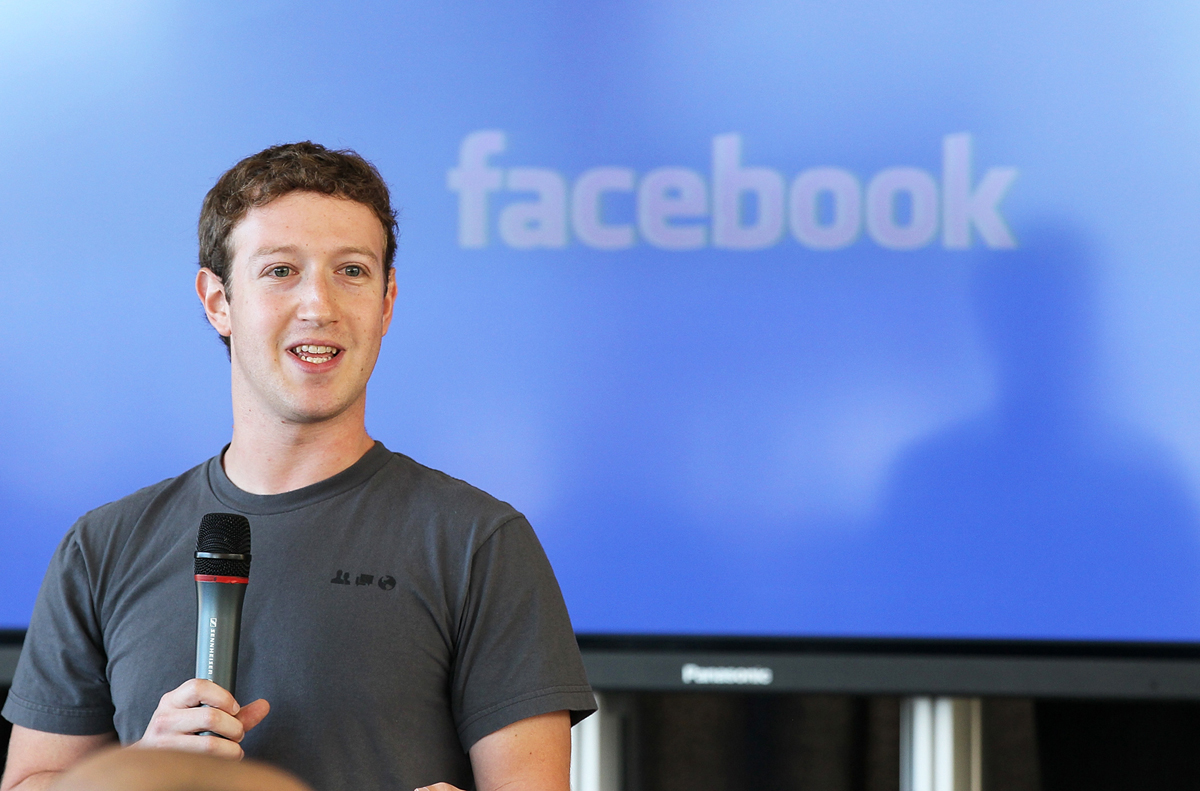
This would come as no surprise as the company’s CEO Mark Zuckerberg has been reported appearing on the soon-to-be competitor’s platform, alongside other high-profile individuals and celebrities such as Elon Musk, Kevin Hart and so on. This, ironically for Zuckerberg, helped boost the popularity of Clubhouse, inciting more people to download and participate in the app.
So what is Clubhouse exactly?
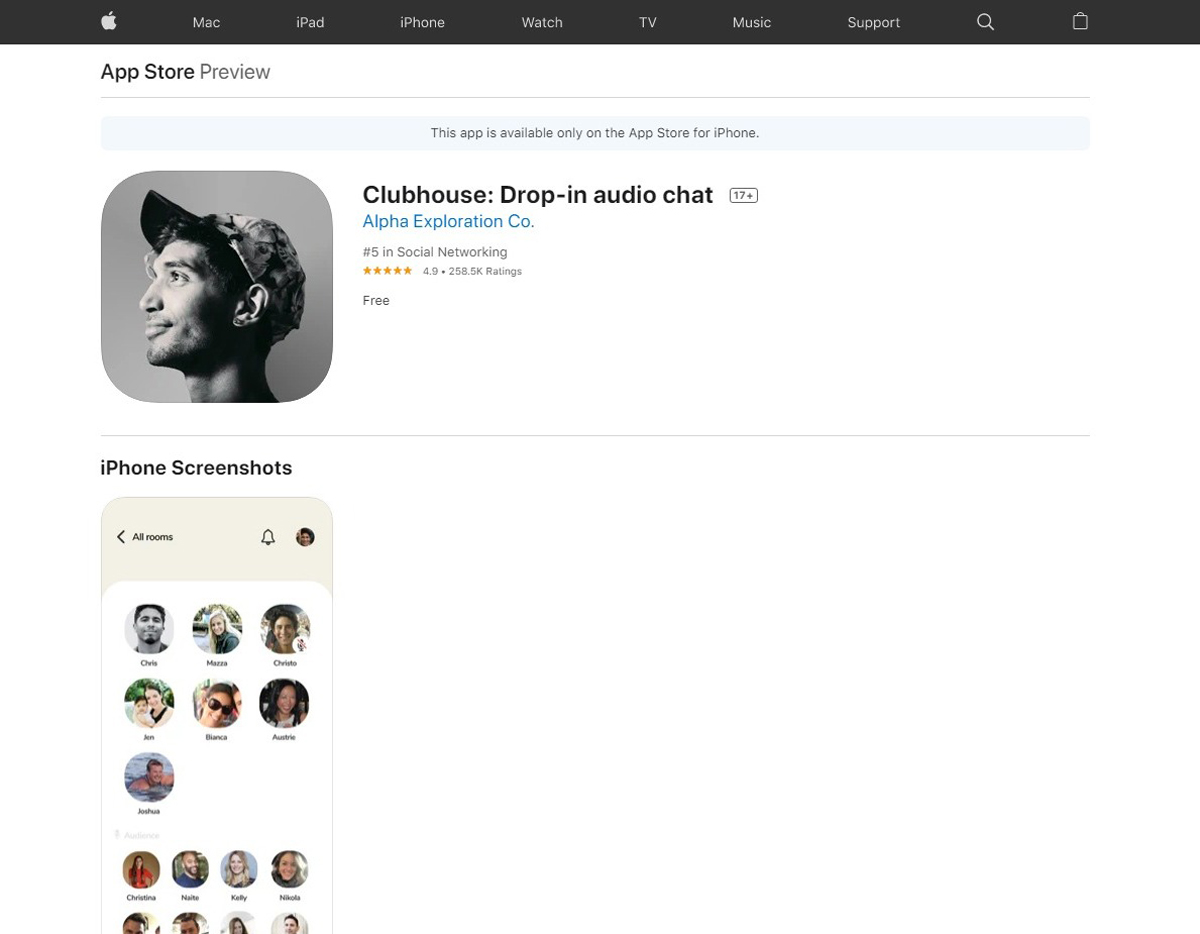
For the uninitiated, Clubhouse was launched in April 2020 by Alpha Exploration co-founder Paul Davison and former Google employee Rohan Seth. As mentioned earlier, the app is currently invite-only, meaning that users will require an invitation from an existing member in order to log in and join discussion rooms. Clubhouse itself, on the other hand, is free to download.
Unfortunately for Android and desktop users, the app is only available on iPhone devices for the time being. The developers are said to be currently working on a version for the Google mobile OS, but an expected release schedule has not been revealed just yet.
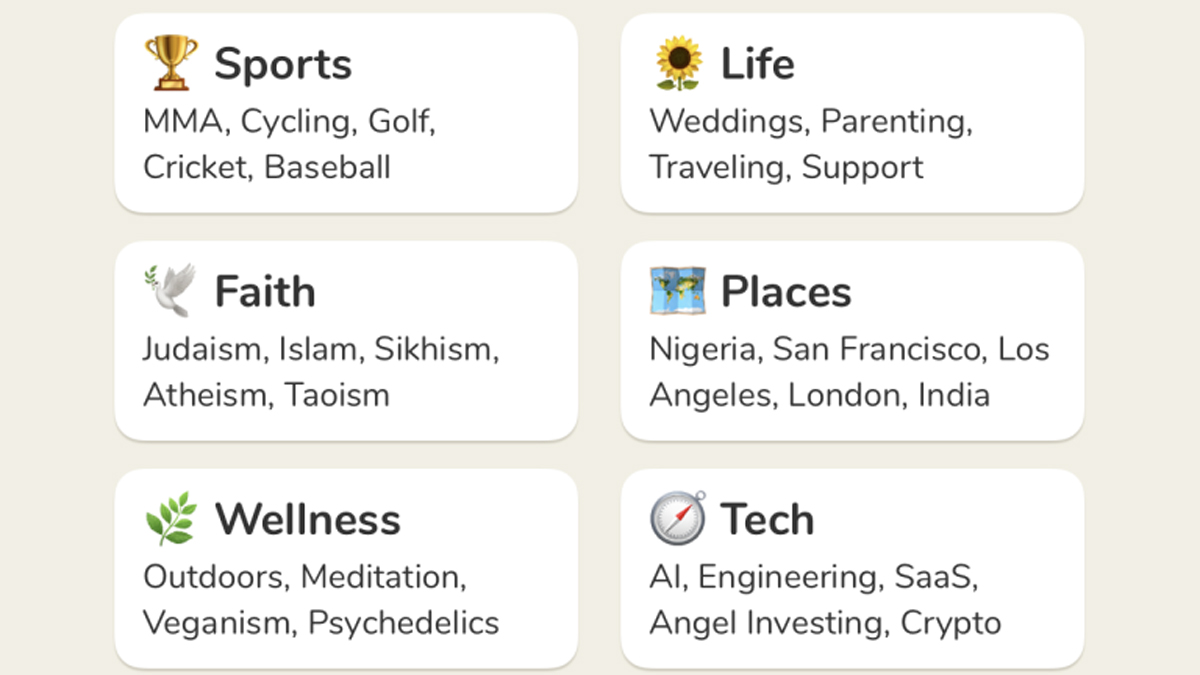
Clubhouse offers an online voice-only chat space for multiple users (a whopping 5,000 participants, to be exact) to discuss on a variety of topics via different rooms, which often highlight featured speakers (ie: Elon Musk) to take centre stage. Users can opt to just tune in to the conversation, but can also chime in if they wish – with the approval from the room’s host or administrator first.
Each discussion will be wiped out entirely once it ends, leaving no trace of it online or on the user’s device – with the exception of participants possibly sharing the conversation via a live stream or recording through software. Furthermore, the invite-only approach likens these discussions to an exclusive press conference in a sense, which also resulted in users selling invites externally at inconsistent to insanely high prices.
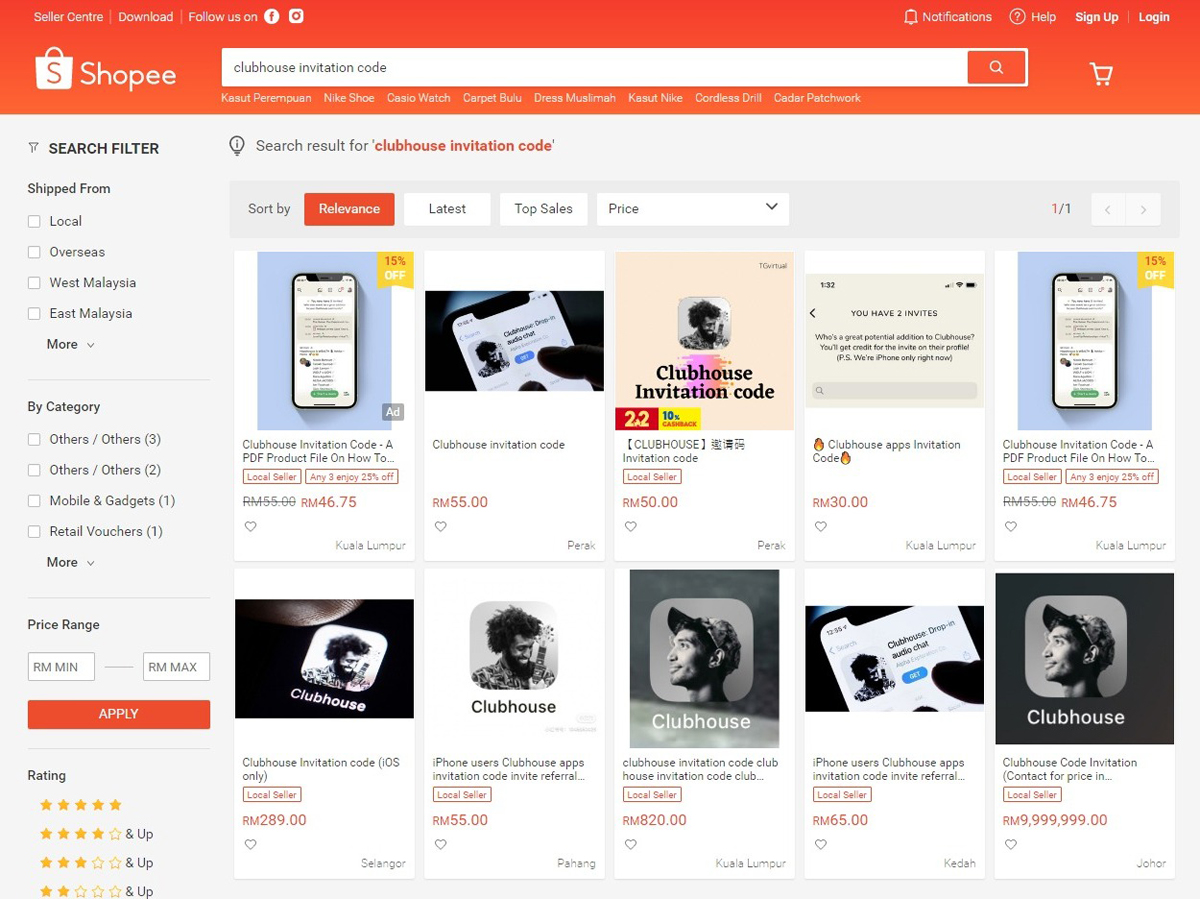
On the Malaysian side of things, The Malay Mail reports that local key figures have also engaged in various discussions via the Clubhouse app. These include Tan Sri Tony Fernandes, rapper Yogi B, Disney Plus’ Ahmad Izham Omar, and even the Minister of Science, Technology and Innovation Khairy Jamaluddin.
Clubhouse is not without any controversies, however, as the app was recently banned in China after users began using it as a platform to discuss taboo topics such as the ill treatment of Xinjiang province’s Uighur Muslims and the China-Taiwan relations. According to Vice, the app also lacked any form of moderation which resulted in the spread of misinformation regarding the coronavirus and other sensitive subjects.
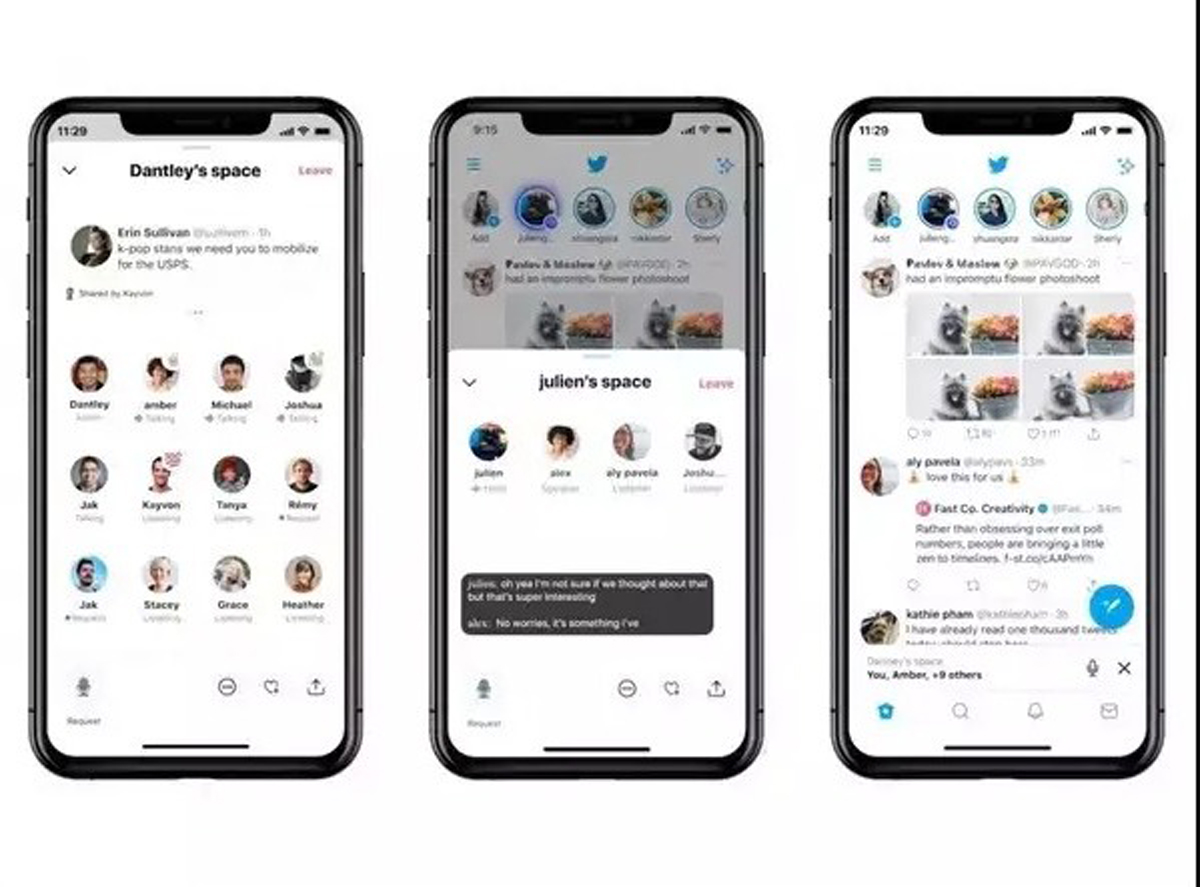
With its recent rise in popularity, it is only a matter of time until a clone of some kind will pop out from major social media players. Besides Facebook, Twitter has revealed that it is testing an audio group chat feature called Spaces, which does offer some similarities to Clubhouse to an extent. Meanwhile, The Verge reports US entrepreneur Mark Cuban is also working on a live-audio chat app which, strangely enough, is also known as Fireside. It is not known if Cuban’s project is the same app that Facebook is reported to be developing.
So why are they copying Clubhouse? Well, based on the other instances where these companies have previously cloned features and apps from competitors such as TikTok and Snapchat, we can safely point out that one of the main reasons is FOMO (Fear of Missing Out). Besides, it is only natural for any competing brands to also cope with current trends in order to stay relevant in the market, as well as to its users.
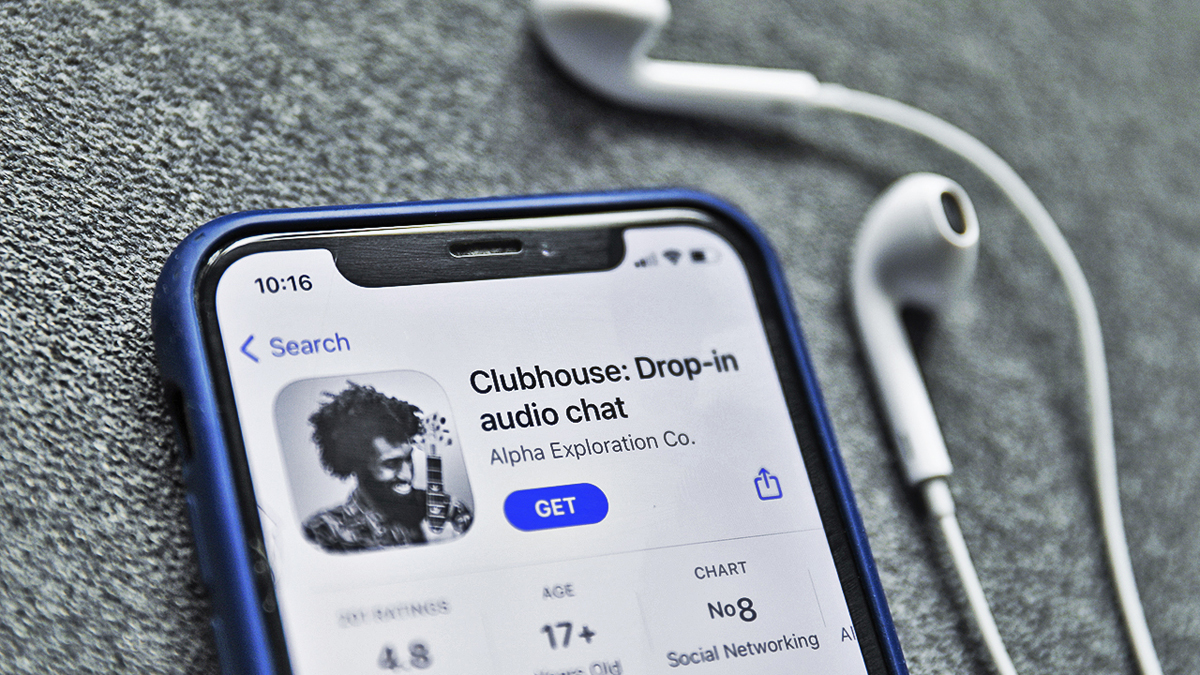
Also not disregarding the potential business opportunities (and data gathering) these companies could obtain by launching their own version. As demonstrated by Clubhouse, users as well as key figures utilise the platform to discuss opinions and give talks, which in return greatly raises traffic and attention. Adding to that is the app’s one-time and invite-only sense of exclusivity for every topic discussed, which is great for seminars or press conferences. Realising these points, its without a doubt that other potential competitors would want to hop onto the bandwagon as well.
Whether companies such as Facebook and Twitter can actually keep up with the original and perhaps introduce something new to the formula remains to be seen. Hopefully they’ll be able to do a better job in terms of topic moderation, something that Clubhouse may be looking to resolve soon beforehand.
Follow us on Instagram, Facebook, Twitter or Telegram for more updates and breaking news.


